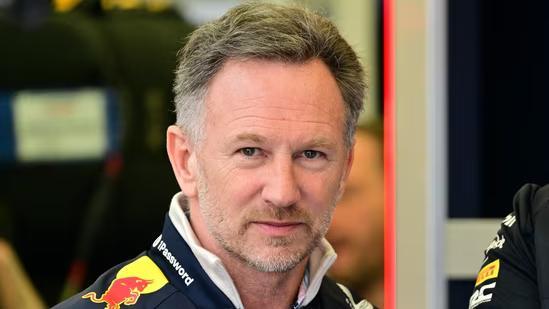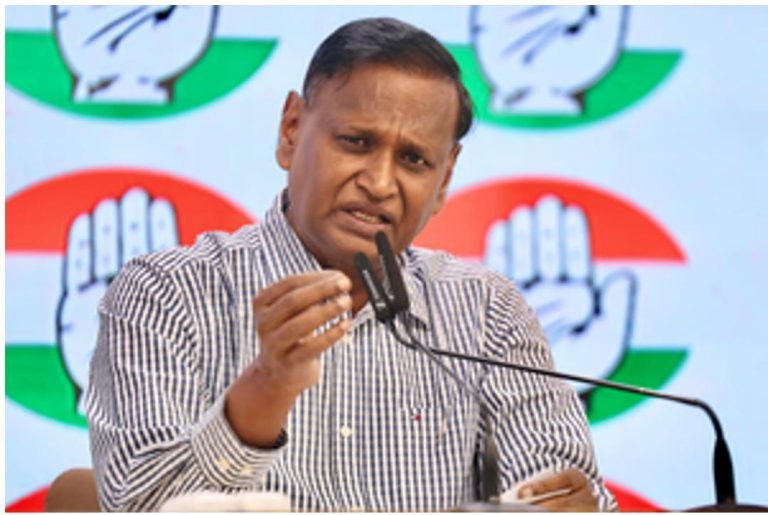
Why did Red Bull sack F1’s longest-serving team principal Christian Horner mid-season?
Christian Horner, the longest-serving team principal in Formula 1 history, was unexpectedly let go by Red Bull Racing mid-season, sparking widespread shock and speculation about the reasons behind his departure. Horner, who had been at the helm of the team since 2005, was replaced by his deputy, Christian Malin, on October 3. In this blog post, we’ll delve into the events that led to Horner’s shocking exit and explore the possible reasons behind Red Bull’s decision.
One of the key factors that contributed to Horner’s departure was his decision to drop Sergio Perez, the Mexican driver who had been contracted to Red Bull until the end of the 2024 season, just months after extending his contract. Perez had been a loyal and consistent performer for the team, but Horner’s decision to replace him with rookie driver Liam Lawson, who had only two races under his belt, was met with widespread criticism.
Another controversy surrounded Horner’s handling of the situation with Lawson, who was suddenly thrust into the spotlight and expected to perform at a high level. Lawson struggled to adapt to the pressure and performed poorly, leading many to question Horner’s decision-making.
However, it’s not just Horner’s on-track decisions that raised eyebrows. There were also allegations of misconduct by a female colleague, which reportedly led to an internal investigation and ultimately contributed to his departure. While the exact nature of the allegations is unclear, it’s clear that Red Bull took the matter seriously enough to act swiftly and decisively.
In addition to these controversies, there were also reports of a public rift between Horner and Jos Verstappen, the father of star driver Max Verstappen. The two had been close friends and allies for many years, but it’s said that their relationship deteriorated significantly in the months leading up to Horner’s departure.
So, why did Red Bull decide to sack Horner mid-season? In an interview with the Hindustan Times, Horner himself acknowledged that the decision was not taken lightly and that it was a “difficult” and “painful” process. He also denied any personal issues or conflicts with the team, stating that he had been treated with respect and professionalism during his time at Red Bull.
However, it’s clear that Horner’s departure was not solely due to his on-track decisions or personal relationships. Red Bull’s decision to sack him mid-season suggests that there were deeper issues at play, including concerns about his leadership style and ability to manage the team effectively.
In the end, Horner’s departure from Red Bull marks the end of an era for the team. As the longest-serving team principal in F1 history, he had become an integral part of the team’s fabric and had played a significant role in its success. While his departure is a significant loss for the team, it’s also an opportunity for Red Bull to regroup and rebuild under new leadership.
In conclusion, Christian Horner’s sudden departure from Red Bull Racing mid-season was a shock to the world of F1, and it’s clear that there were multiple factors at play. From controversies over on-track decisions to allegations of misconduct and a public rift with Jos Verstappen, it’s been a tumultuous few months for the team and its leadership. While Horner’s departure is a loss for the team, it’s also an opportunity for Red Bull to rebuild and move forward under new leadership.






